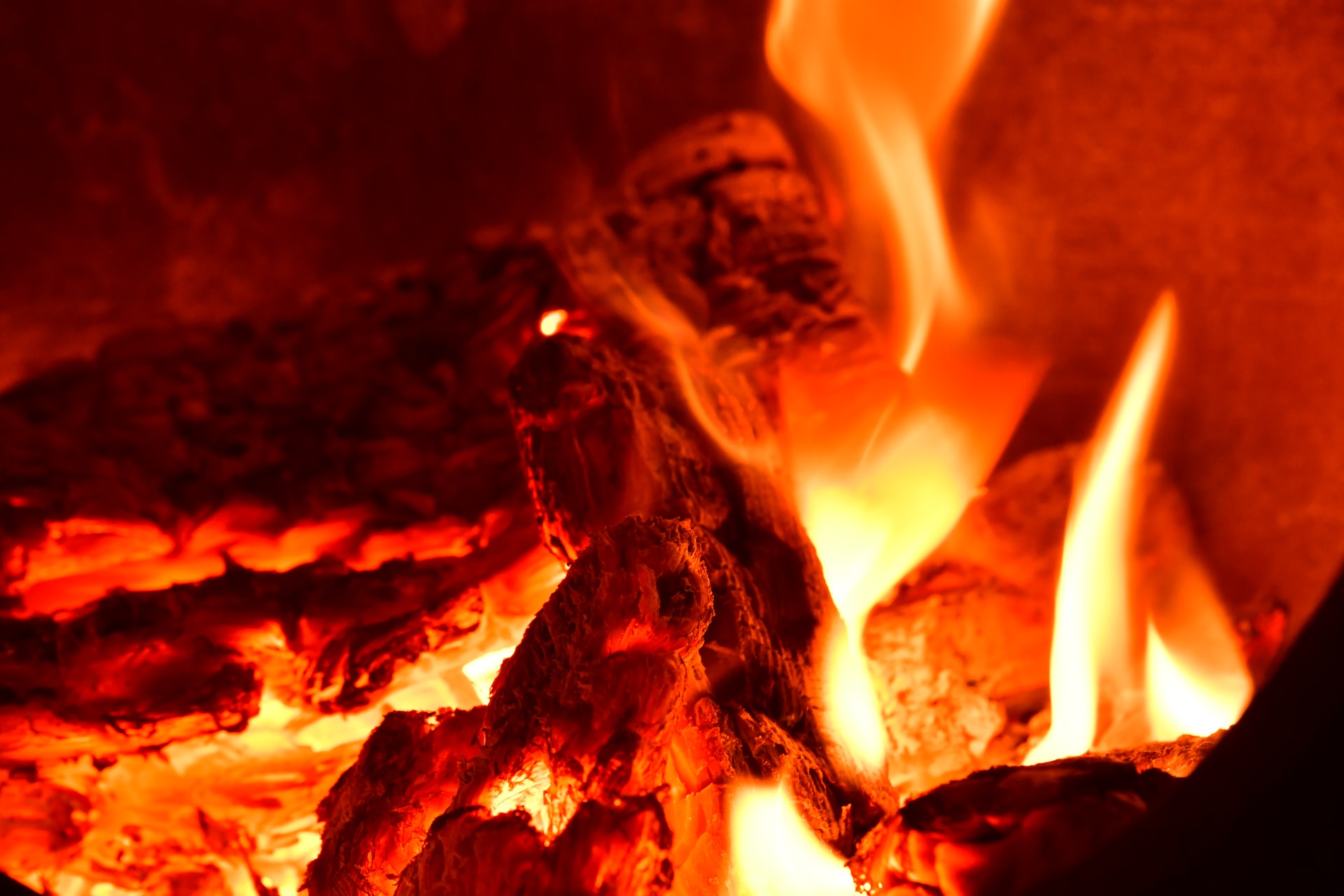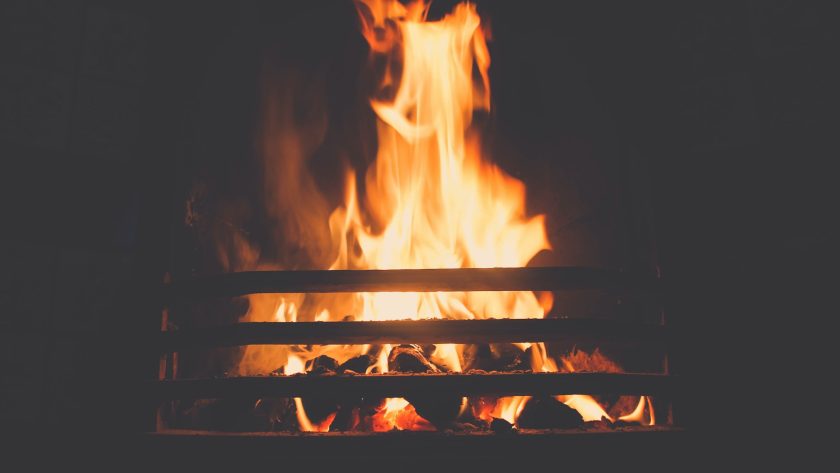It’s crucial how you heat your house. The greatest heating system will not only keep you warm in the winter, but it will also significantly reduce your carbon footprint and energy costs.
There are many different fuel types available. So it’s important to weigh your options if you’re thinking about replacing your heating system.
More than a million homes lack a connection to the gas grid, despite the fact that gas central heating is most prevalent in England, Scotland, and Wales. This is more frequent in apartment buildings or rural locations.
More than two thirds of homes in Northern Ireland use oil boilers as their primary source of heating. In 1996, natural gas was initially made available, and the network is now progressively growing.
If you don’t have access to gas, these are your heating options:
Renewable energy
Central heating options include electric, LPG, and oil.
Using your central Heating Langley more effectively will save your costs and lessen your environmental impact, regardless of the type you have. See our 10 suggestions to reduce your gas and energy costs.
Centralized gas heating
A gas boiler inside a wall
A gas central heating system is probably the least expensive currently available alternative for heating your home if it has a natural gas grid connection.
Gas is a fossil fuel, making it unsustainable to use it to heat your home; if sustainability is your primary priority, look into renewable or electric heating options.
When the time comes to replace your boiler, choose for an effective, dependable boiler to reduce operating costs. See which brands to avoid, as recommended by engineers and boiler owners, as well as the top boiler brands.
Reduce your energy use while maintaining comfort by using your heating controls. Read our article on thermostats and boiler controls.
 Central heating with electricity
Central heating with electricity
Pylons for electricity
More recently constructed homes and apartments tend to have electric central heating.
Typically, it is not powered by a central boiler but rather consists of individual heaters in each room.
These may be night storage heaters paired with certain Economy 7 or Economy 10 electricity prices in older houses.
To deliver hot water, immersion heaters—also referred to as megaflow boilers or unvented hot water systems—are frequently used in conjunction with electric heating.
Learn more about how electric central heating is set up and how much it costs.
Central heating using oil
In Northern Ireland, oil is the most often used fuel for residential heating systems.
You’ll need to buy the oil in large quantities, and you’ll need a tank outside your house to hold it.
Oil is a fossil fuel, like gas, and is not a sustainable alternative. Select an efficient boiler when replacing your old one. Use our reviews to locate a reputable oil boiler manufacturer.
View the benefits and drawbacks of central heating with oil.
Central heating with a heat pump and renewable energy
Solar panels on a home’s roof
The use of renewable energy for home heating is growing in popularity because it is more environmentally friendly.
Making your own heat allows you to lessen your carbon footprint and your reliance on expensive and unstable fossil fuels like gas and oil.
Systems for heating with renewable energy include:
Organic fuels like logs or wood pellets are used to fuel biomass boilers and wood burning stoves. To heat the water and the rest of your house, they can be connected to a boiler. Although wood burning stove pollution and ways to reduce it should be taken into consideration, sustainably obtained fuel is still regarded as sustainable.
Central heating with LPG
Some dwellings are heated with LPG, or liquid petroleum gas.
Similar to oil, you’ll need to purchase it in bulk, have a truck carry it, and keep it in a tank in your garden.



